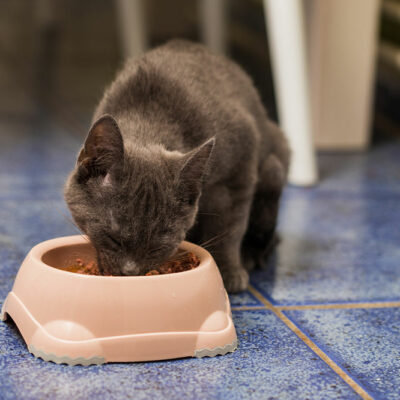
Warning Signs and Symptoms of Hepatitis C
Characterized as viral infection, hepatitis C causes inflammation in the liver and can lead to a condition as serious as liver damage. The hepatitis C virus (HCV) spreads through blood, for instance, sharing the same syringes, needles, and other equipment with an infected patient. In most cases, the acute HCV remains undiagnosed as it doesn’t show any symptoms in the initial stages. However, chronic HCV is associated with many discomforting ones.
While acute HCV doesn’t show any symptoms in most patients, and if it does, it’s known to cause common flu-like symptoms in some. The common acute HCV symptoms usually show up between 2-12 weeks after the person has been exposed to the virus:
- Dark urine
- Fatigue
- Fever
- Jaundice
- Stomach pain
- Nausea
- Poor appetite
- Joint pain
- Sore muscles
- Itchy skin
The common symptoms linked to chronic Hep C are:
Ascites
Ascites is basically a buildup of fluid in the belly. It is caused due to liver scarring, also known as cirrhosis, that increases pressure on the blood vessels, pushing fluid forcefully into the abdominal cavity.
Bleeding and bruising easily
Abnormal bruising is linked with slow production platelets and proteins that curb blood loss by clotting it. Excessive bleeding of the nose, gums, or passing blood through urine are some severe symptoms of HCV.
Hives or rashes
HCV patients with severe symptoms may come across itchy patches of skin spread across the entire body. The rashes associated with this condition are known as urticaria, and they turn red and cause swelling that lasts for hours.
Hepatic encephalopathy
This condition is characterized as a brain function disorder that’s caused due to buildup of toxins in the blood since the damaged liver cannot flush them out. Symptoms of hepatic encephalopathy include forgetfulness, confusion, slurred speech, constant shaking of the hands or arms, and disorientation. There have been instances where patients go into coma and even cases leading to brain damage.
Spider angiomas
Also known as spider nevus, red lesions are found under the surface of the patient’s skin and this is caused due to the abnormal dilatation of end vasculature. Forming a spider’s shape, these may appear as solitary or multiple lesions and are completely painless.
Weight loss
When the HCV attacks the immune system, it damages the thyroid tissue, resulting in an overactive thyroid that causes weight loss and sleep disorder.
Swollen legs
When capillaries or tiny blood vessels leak fluids, the portal veins can cause fluid to accumulate in the surrounding tissues, causing a swollen appearance in legs, ankles, and feet. Contrary to the puffiness, the skin may also look dimpled or pitted, and that’s another symptom of fluid accumulation (edema).
Lichen planus
In this skin disorder, the body develops bumps or pimples on the surface of the skin where the muscles join the bones. The bumps usually appear on arms, torso, scalp, genitals and nails. The patient may experience pain, hair loss and lesions around that area.


